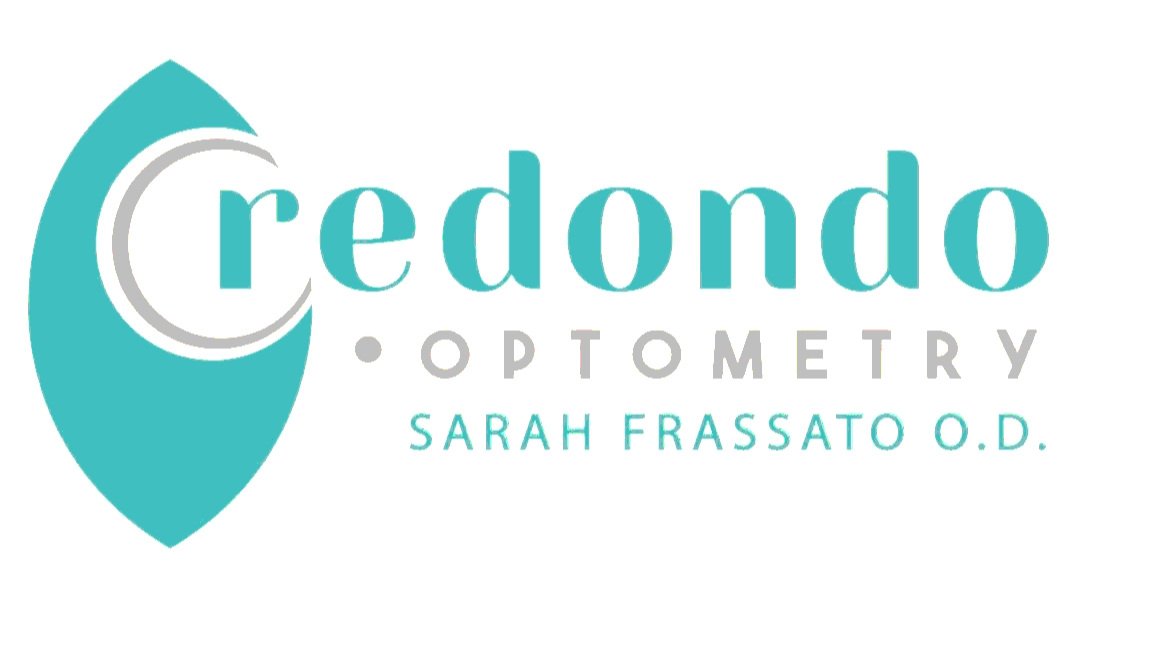Blue Light Blocking Glasses
Blue Light Blocking Glasses
What is blue light and why do we care so much about it? Well, it’s not uncommon nowadays for individuals to have to look at a computer screen for an excessive amount of time whether you might be at work or binging 10 episodes of your favorite TV show on Netflix. Here are a few things you should know when considering blue light blocking glasses.
So what even is blue light?
There is a difference between blue light and digital eyestrain that needs to be clarified. Most of us understand that blue light comes from every digital screen we have, however, sunlight is the main source of blue light. Without having to get into all the scientific details, blue light is basically everywhere and it is almost unavoidable. With that said, blue light is not all bad.
What are the benefits of blue light?
Getting rid of all blue light is also bad. The components of blue light helps with alertness, memory, and cognitive functions. It also has played a huge part in helping with SAD or seasonal affective disorder.
Blue light is said to contribute to the body’s natural wakefulness and help regulate your circadian rhythm. Because of this component, blue light will affect your sleep quality and also your daytime mood if you have too much exposure to blue light late at night.
Why do we care about blue light?
Blue light has its pros and cons. Firstly, our eyes are able to block out UV lights from reaching our retinas in the back of our eyeballs, however, it is not quite the same story for blue light. “Virtually all visible blue light passes through the cornea and lens and reaches the retina,” which might contribute to health concerns for our eyes in the future (All About Vision).
You might be asking what kind of health concerns. A common risk involved with too much exposure to blue light could lead to macular degeneration. With too much exposure to blue light penetrating the retina, it could damage the retina’s light-sensitive cells.
At the moment, macular degeneration is an incurable eye disease and is the leading cause of vision loss. When blue light affects the retina, it hurts the central portion of the retina (macula), which “is responsible for focusing central vision in the eye, and it controls our ability to read, drive a car, recognize faces or colors, and see objects in fine detail" (AMDF).
What to do now?
Alright, let’s finally get to how we can help our eyes. Like I mentioned earlier, there is a difference between blue light and digital eyestrain. Since we talked about what blue light is, digital eyestrain is focusing on ANYTHING for a long period of time. This can be from scrolling on Facebook way longer than one person ever should, getting immersed in your favorite novel, or actually getting paid to stare at a screen all day at work. Whatever the reason is, there are some resources that professionals have recommended.
Alleviating digital eyestrain can be as simple as shifting your eyes every 20 minutes to something 20 feet away for 20 seconds. As for blue light, it might be a challenging thought in this day and age not being able to look at a screen 4 hours before bed, so professionals have recommended wearing blue light blocking glasses before to help with a better quality of sleep.
There are affordable options that might not be the most stylish but it shouldn’t matter that much if you are wearing them at home in your own privacy. If you are worried about making too much of a statement with these glasses, there are glasses that have blue light blocking options that are going to be a little bit more expensive but fit the fashion trends of today.
Where to find your style and other alternatives to blue light blocking glasses?
There are many articles that will help you find what blue light blocking glasses fit for you and your lifestyle. Very Well Health compiles a list of 7 best blue light blocking glasses that range from best glasses for sleep to best glasses for gaming. Mashable also compiled a list of best glasses to combat digital eyestrain that is worth checking out! There are many more alternatives other than glasses like blue light filters that come built in on most phones like the Night Shift option on your iPhone or changing the Display to the blue light filter on Samsung devices.
It is important to ask your optometrist about what resources works best for your situation. With many resources like glare-reducing anti-reflective coating that can block blue light from devices and the sunlight, your optometrist or optician can suggest different ways to help you.
Sources
Evans, Julie. “The 7 Best Blue-Light-Blocking Glasses of 2019.” Verywell Health, Verywell Health, 31 July 2019, https://www.verywellhealth.com/best-blue-light-blocking-glasses-4579815.
Evans, Julie. “The 7 Best Blue-Light-Blocking Glasses of 2019.” Verywell Health, Verywell Health, 31 July 2019, https://www.verywellhealth.com/best-blue-light-blocking-glasses-4579815.
Haas, Dylan. “Best Blue Light Glasses for Combatting Digital Eye Strain.” Mashable, Mashable, 23 May 2019, https://mashable.com/roundup/best-blue-light-blocking-glasses/.
Heiting, Gary. “How Blue Light Is Both Bad for You AND Good for You! (Huh?).” All About Vision, https://www.allaboutvision.com/cvs/blue-light.htm.
“What Is Macular Degeneration? - AMDF.” American Macular Degeneration Foundation, https://www.macular.org/what-macular-degeneration.

